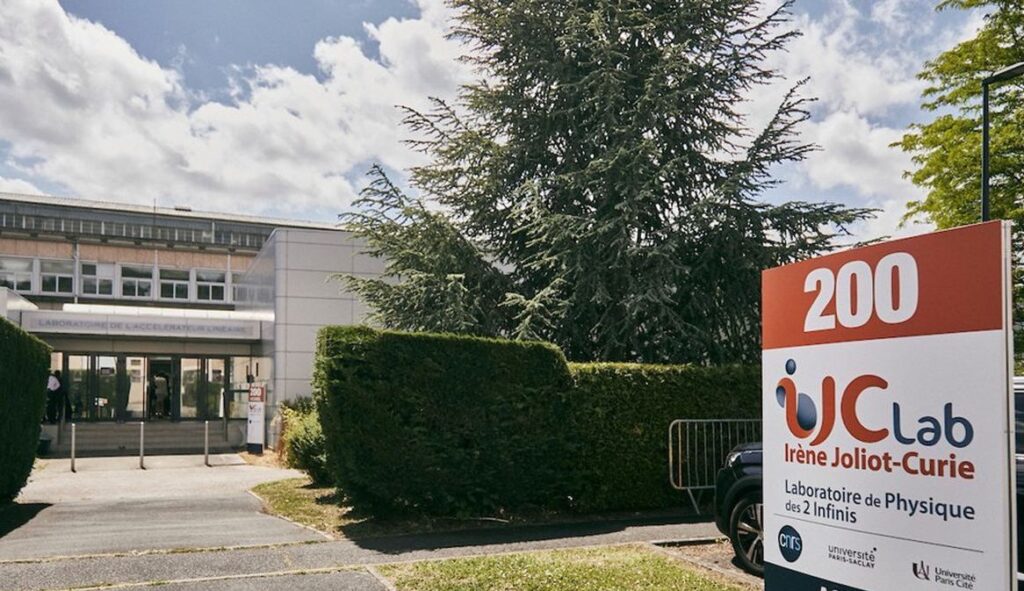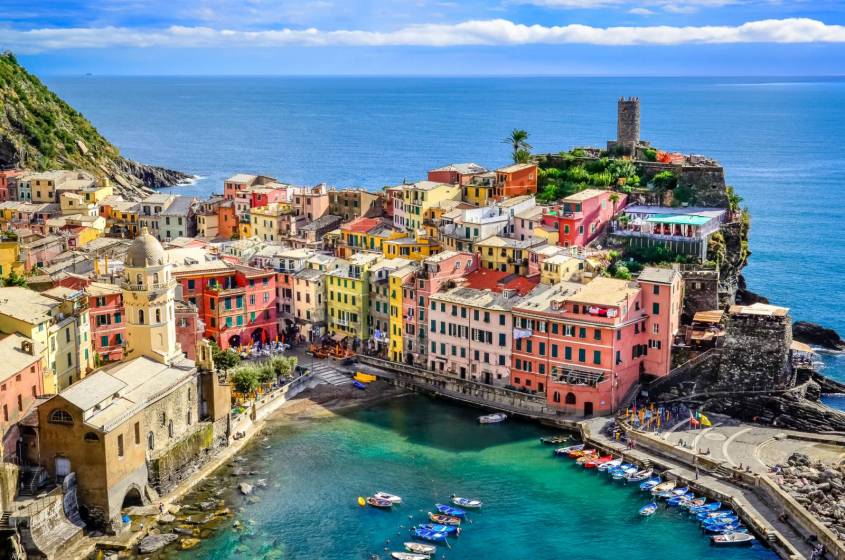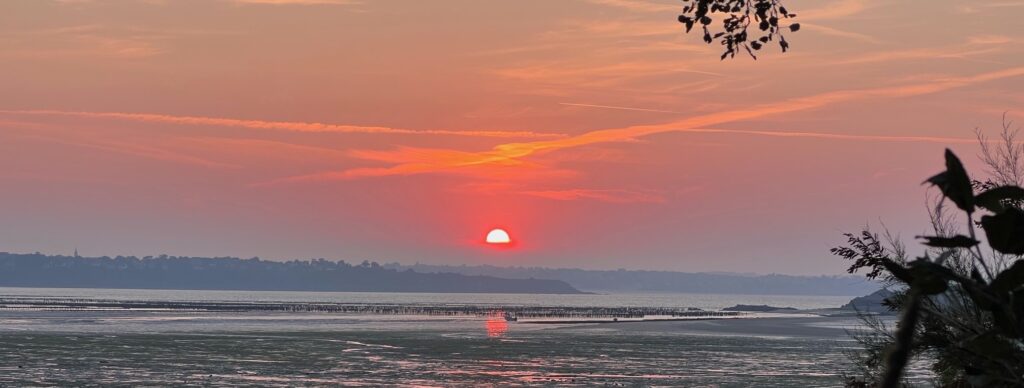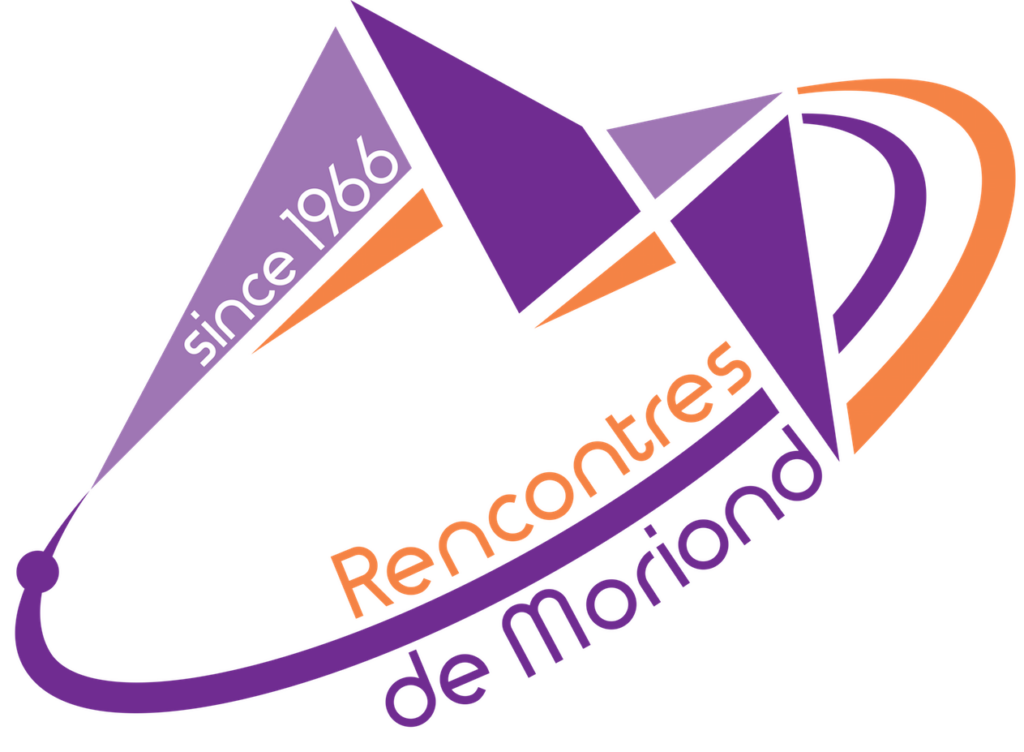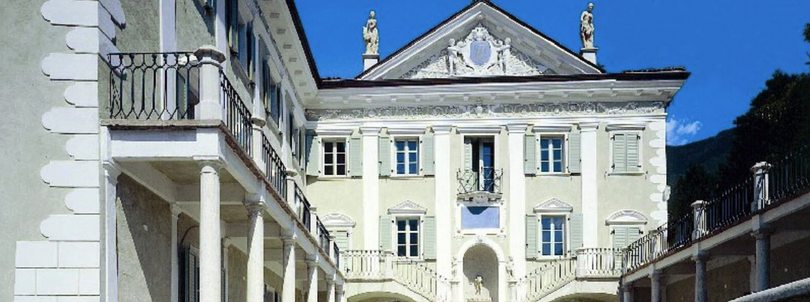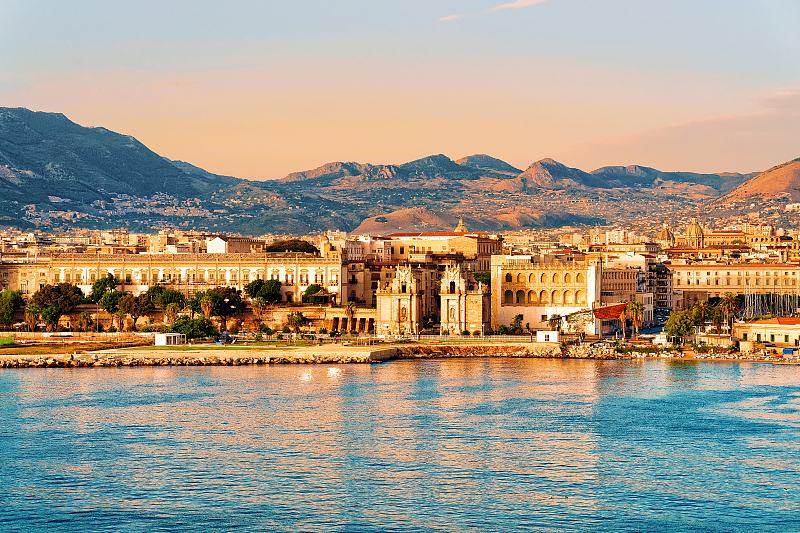
The International Doctorate Network in Particle Physics, Astrophysics and Cosmology (IDPASC, https://idpasc.lip.pt) is an interdisciplinary network whose aim is to train a new generation of high-level experts in the fields of Particle Physics, Astrophysics and Cosmology.
The 13th edition of the IDPASC school will be held in Palermo (Italy) from 17th to 27th September 2024, organized by the Department of Physics and Chemistry, University of Palermo, Italy in collaboration with INFN Catania and National South Laboratory (LNS), with organizational support from Laboratory of Instrumentation and Experimental Particle Physics, Portugal (LIP) and IDPASC Committee.
This school aims at training the next generation of physicists that will investigate open questions in the PASC domains in the coming decades. The school offers a multi-disciplinary approach that will help each student, which starts to specialize in one domain, to keep a broad view on the different PASC domains. This will be a key skill to optimally use the complementarity between different approaches to shed light on the same problems with a different angle such as Dark Matter, physics beyond the Standard Model or multi-messenger physics. On top of the main courses, the school will also propose some hands-on session in specific domains such as ML for PASC problems. A two day visit to INFN Laboratory in Catania and KM3NET infrastructure in Porto Palo di Capo Passero are foreseen.
The fee is 800€ and it includes accommodation, coffee-breaks, lunches, school dinner, excursion and is to be paid via bank transfer. A very limited amount of grants covering half of the fee will be available for selected students registered in the IDPASC network. The grant will not cover travel expenses. To apply for such a grant please upload in additional application form the letter of recommendation from your supervisor until 1st June 2024. The evaluation of the application for grant support will be communicated until 15th June 2024.
Registration deadline: 1st June 2024
INDICO page: https://indico.lip.pt/event/1710/

